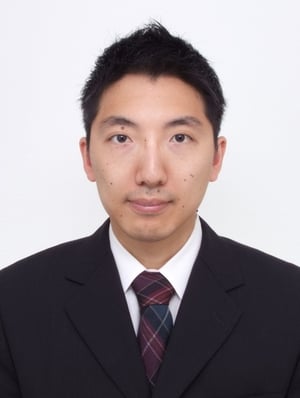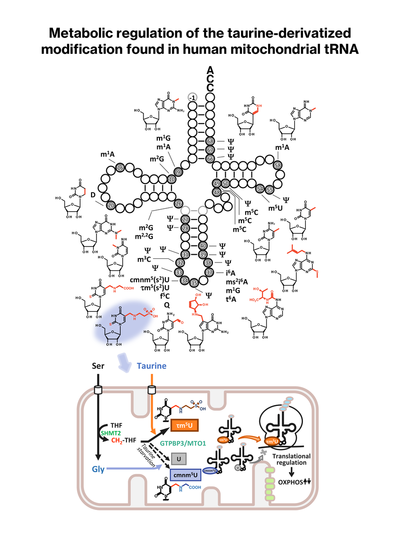Young Faculty / 044
Lecturer Takeo Suzuki, Suzuki Lab, Department of Chemistry and Biotechnology

<Biography>
1998.3 B.S., Department of Chemistry and Biotechnology, School of Engineering, The University of Tokyo
2000.3 M.S., Department of Chemistry and Biotechnology, Graduate School of Engineering, The University of Tokyo
2003.3 Ph.D., Department of Chemistry and Biotechnology, Graduate School of Engineering, The University of Tokyo
2004.4 JSPS Research Fellow, The University of Tokyo
2007.4 Postdoctoral Researcher, Functional RNA project, Japan Biological Informatics Consortium
2008.8 Project Assistant Professor, Department of Chemistry and Biotechnology, Graduate School of Engineering, the University of Tokyo
2009.10 Assistant Professor, Department of Chemistry and Biotechnology, Graduate School of Engineering, the University of Tokyo
2012.3 Lecturer, Department of Chemistry and Biotechnology, Graduate School of Engineering, the University of Tokyo
<About the Research>
Gene expression and its regulation are the fundamental processes for all living organisms. Ribonucleic acid (RNA)is a cellular biopolymer synthesized through transcription in which DNA sequences are copied. After transcription, RNA is modified with chemical groups at specific sites by specific enzymes. RNA modifications are essential for RNA to work functionally. To date, more than 110 species of chemical structures in total are identified from various organisms. We focus on human-specific modifications found in transfer RNAs of mitochondria, which generate most of the chemical energy in eukaryotic cells, and revealed the chemical structures of novel modifications, their biosynthetic pathway and in vivo function. Currently, we are exploring species-specific modifications and their molecular function and are investigating their dynamic regulation depending on environmental factors such as nutritional condition <Future aspirations>
<Future aspirations>
Although the failure of RNA modification system can cause various types of human diseases, the molecular pathogenesis remains unclear. We would like to deepen our understanding of the mechanism underlying such disease.
<WEB>
Lab : http://rna.chem.t.u-tokyo.ac.jp
You May Also Like
These Related Stories

